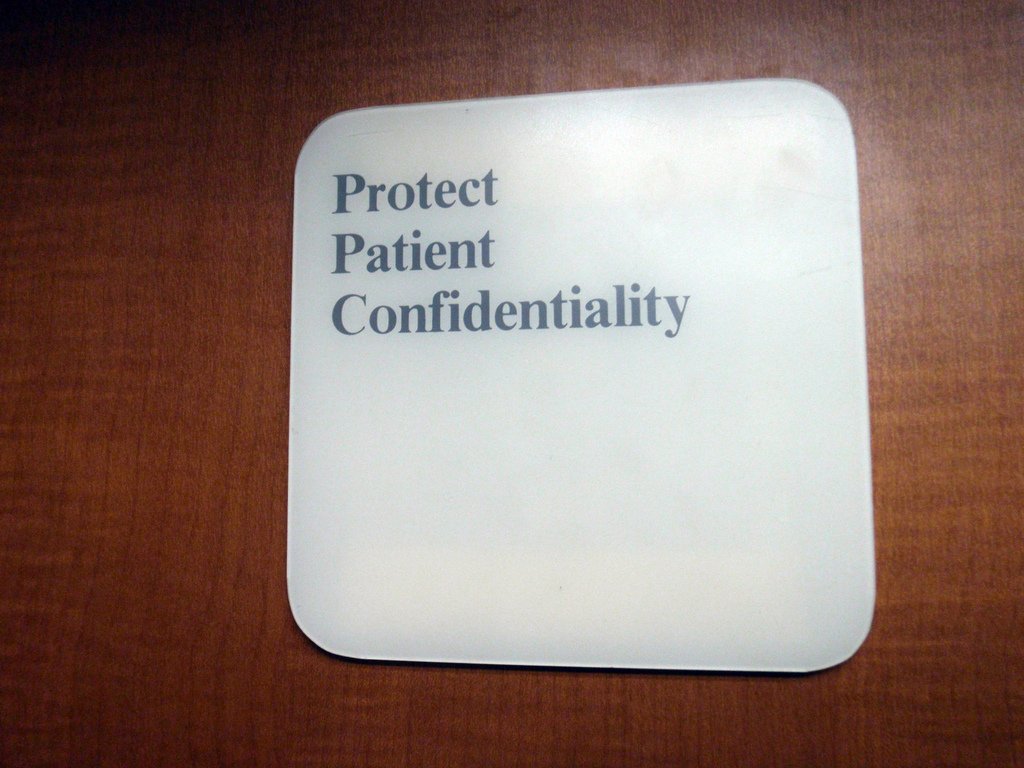
Making the decision to go to therapy or counseling can be scary, but it’s a great step towards healing and recovery. As you prepare for your first session, here are some things to keep in mind.
It’s Ok to Be Nervous!

If you’re feeling nervous or even anxious about your first counseling or therapy session, that’s ok! New and unfamiliar experiences can be very daunting, especially when they are as personal and intimate as a counseling session. Your therapist will be expecting this so you don’t have to feel embarrassed or try to cover it up. In fact, try being honest and share the fact that you’re nervous with them.
Be Honest

Honesty is a great policy not just when you express your nerves with your therapist but throughout all of your sessions. Ultimately, therapy and counselling hinge on the discussions you have together. In other words, for therapy to be a beneficial experience for you, it’s important to speak the truth so that your counsellor can give you the best help possible. For example, don’t try to paint a more positive picture than how you truly feel and let them know if you’re struggling with some of the advice or tips they are giving you.
Prepare for Basic Questions

Of course it’s not possible to prepare completely for counselling or therapy, but there are some common initial questions that are likely to come up. Putting thought into these beforehand can help with easing your nerves and ensuring you say what you mean or need to say. Some common questions include: why are you seeking help? When did you first notice symptoms? What is your current living and family situation like? Tell me about your family history?
Understanding Confidentiality

Counsellors and therapists take confidentiality very seriously and this is something that they will likely go over with you during your first session. After all, gaining trust with your counsellor is extremely important. If you have any concerns about what this means, be sure to ask your counsellor about what they might tell your parents or doctors and in which rare cases they will share your information without your prior consent.
Provide Feedback

While your therapist is a mental health professional, it’s important that you provide them with ongoing feedback so that they’re constantly catering your sessions to your unique situation. It’s ok to ask questions about why your therapist is using certain techniques and it’s ok to let to them know if a particular strategy isn’t working well for you. It’s even quite likely that your therapist knows of several types of counselling that they can try with you if one method doesn’t seem to be working.
You’re Not Alone

Unfortunately, it can feel like going to therapy or counselling is “weird” or something to be embarrassed about. Even though it might feel this way, the reality is that many people use counselling services and you’re not alone. In fact, getting professional help is an extremely brave thing to do and a really positive step in your journey towards recovery.
Feature Image: roxymjones


